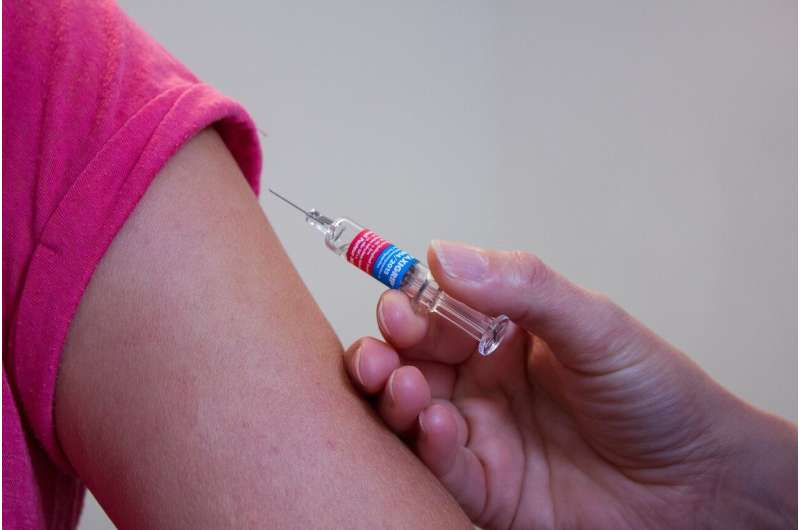The Resurgence of Whooping Cough and the Shield of Vaccination

Whooping cough, a serious bacterial respiratory infection predominantly affecting infants and young children, is witnessing a notable increase in cases in 2025. As of this year, the United States has reported over 8,400 cases, more than double the number recorded during the same period in 2024. Similar to measles, another highly contagious disease experiencing a rise in cases, pertussis can be effectively prevented through vaccination.
Pertussis, caused by the bacterium Bordetella pertussis, was first identified in 1906 and historically caused epidemics. The disease leads to intense coughing fits, often accompanied by the characteristic 'whoop' sound as individuals struggle to breathe. Severe complications may include pneumonia, seizures, and breathing difficulties, especially in infants under six months, who are most vulnerable. Despite the availability of a safe and highly effective vaccine since 1914 in the U.S., the disease is making a comeback.
The recent increase in cases follows a pandemic-related decline during 2020-2022, caused by social distancing and other measures limiting disease spread, which temporarily suppressed pertussis outbreaks. However, the past two years have seen cases rise sharply—2024 recorded over 35,000 instances, a significant jump from previous years—and unfortunately, there have been fatalities, including infants, children, and adults.
Several factors contribute to this resurgence: cycles of natural epidemic peaks, changes in vaccination strategies, waning immunity, and declining vaccination rates among children. The switch from whole-cell to acellular pertussis vaccines in the 1990s, which offers shorter-lasting immunity, might partly explain increased susceptibility. Moreover, vaccination coverage has dropped, with fewer children receiving timely doses and booster shots.
Protection against pertussis is achievable through a comprehensive vaccination schedule. Infants should begin with five doses of the DTaP vaccine at 2, 4, 6 months, then at 15 months and 4 years. Pregnant women are advised to get vaccinated between 27 and 36 weeks of pregnancy to pass protective antibodies to their newborns. Booster doses are recommended for adolescents at 11-12 years, and adults, especially those in close contact with infants, should receive additional doses as needed.
The pertussis vaccine has a long-established safety record, with common side effects limited to minor local reactions and low-grade fever. Its effectiveness is impressive: protecting nearly all children during the first year after vaccination and offering sustained protection up to 10-12 years. Booster shots further enhance immunity, preventing severe illness and hospitalizations.
Public health efforts continue to emphasize vaccination, parental education, and booster programs to combat this reemerging threat. Staying current with pertussis immunizations is crucial in safeguarding children and vulnerable populations from this potentially deadly disease.
Source: https://medicalxpress.com/news/2025-04-whooping-comeback-vaccine-powerful.html
Stay Updated with Mia's Feed
Get the latest health & wellness insights delivered straight to your inbox.
Related Articles
Updated International Guidelines Highlight Mental and Heart Health Risks in Rare Skin Disorder
New international guidelines recommend screening for psychological and heart conditions in patients with the rare skin disorder X-linked ichthyosis, improving early detection and comprehensive care.
The Decline of Harm Reduction Strategies Under the Trump Administration
The Trump administration is reducing support for harm reduction strategies like naloxone distribution and safe consumption sites, raising concerns about setbacks in overdose prevention efforts amid declining fatality rates.
How the Brain Differentiates Between Ambiguous Hypotheses During Navigation
MIT researchers have identified neural activity patterns in the retrosplenial cortex that represent multiple hypotheses during navigation, shedding light on how the brain resolves ambiguity in complex environments.
Enhanced Contraceptive Support for Teenagers in Rural and Regional Australia, Study Finds
A new study emphasizes the need for better contraceptive support and access for teenagers in rural and regional Australia to reduce unintended pregnancies and improve reproductive health outcomes.



